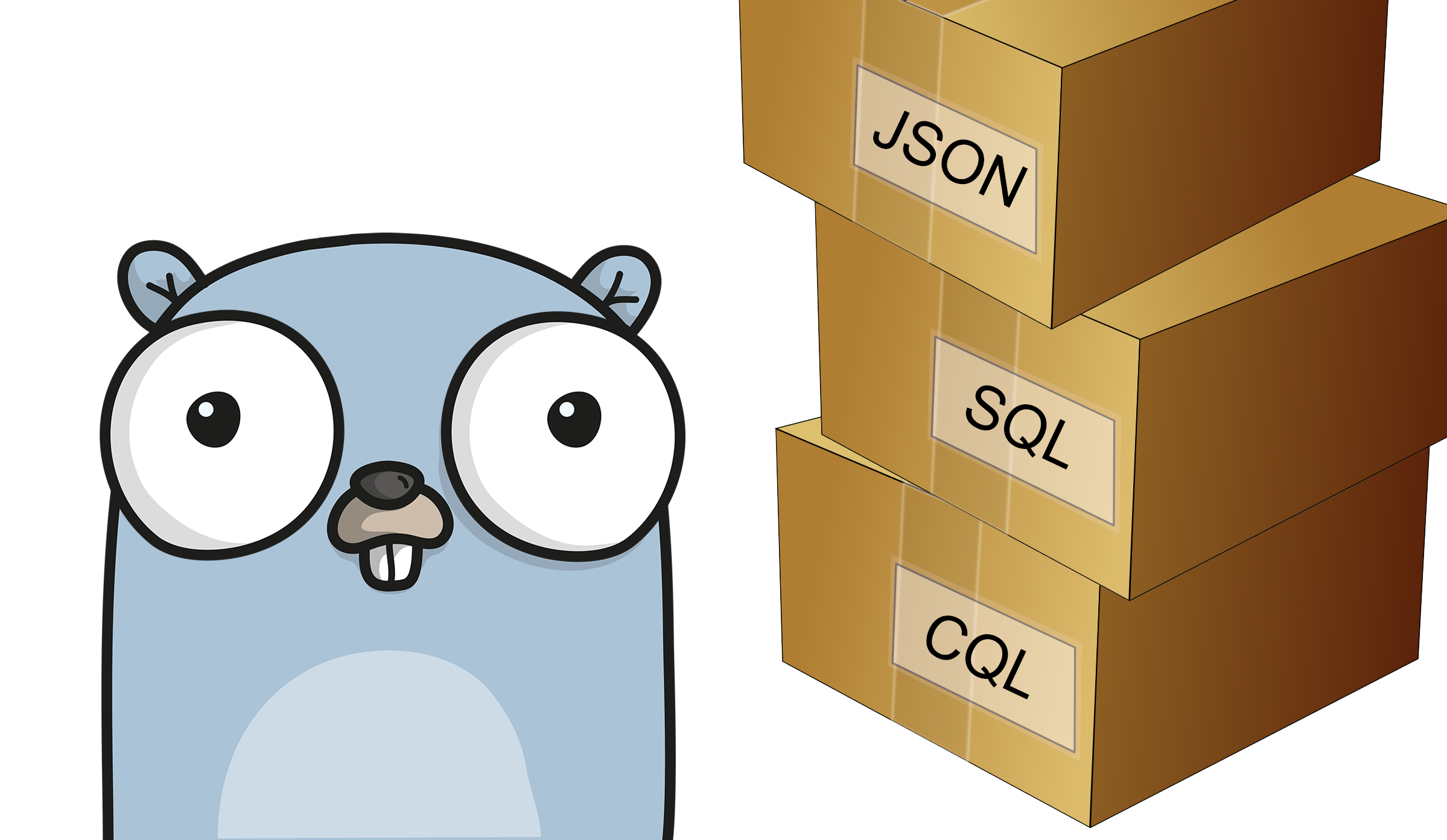
TL; DR: Code generator.
Imagine that you are developing some library that supports various storage drivers: Postgresql, Scylla, JSON, and some others.
Each of these drivers has external dependencies on other libraries. Postgresql - database / sql, github.com/lib/pq. Scylla - github.com/scylladb/gocql or standard github.com/gocql/gocql. JSON - github.com/mailru/easyjson or github.com/json-iterator/go, or encoding / json.
.
, : Postgres , , .
, .
, . : sql.go, cql.go, json.go.
, .
pkger .
pkger —
files := make([]string, 0)
if *cql {
files = append(files, pkger.Include("/cql.go"))
}
if *json {
files = append(files, pkger.Include("/json.go"))
}
if *sql {
files = append(files, pkger.Include("/sql.go"))
}
pkger -o < >, .
go generate
//go:generate pkger -o < >, .
— Go, .
for i := range files {
_, filename := filepath.Split(files[i])
in, err := pkger.Open(files[i])
if err != nil {
panic(err)
}
src := []byte(fmt.Sprintf(genStr, strings.Join(os.Args[1:], " ")))
reader := bufio.NewReader(in)
for {
line, err := reader.ReadBytes('\n')
if strings.HasPrefix(string(line), "package ") {
line = []byte(fmt.Sprintf("package %s\n", *pkgName))
}
src = append(src, line...)
if err == io.EOF {
break
}
if err != nil {
panic(err)
}
}
if err := ioutil.WriteFile(filename, src, 0644); err != nil {
panic(err)
}
in.Close()
}“cmd/< >”. , .
go get github.com/< >/< >/< >And then starts the code generator in his project
< > -sqlWhen you need to update your library - the user updates the code generator
go get -u github.com/< >/< >/< >And then it starts the generation again.
An example of this approach to using dependencies is I and crekerimplemented in the nan library : you can work with the library both in the usual mode, through import, and in the code generation version.